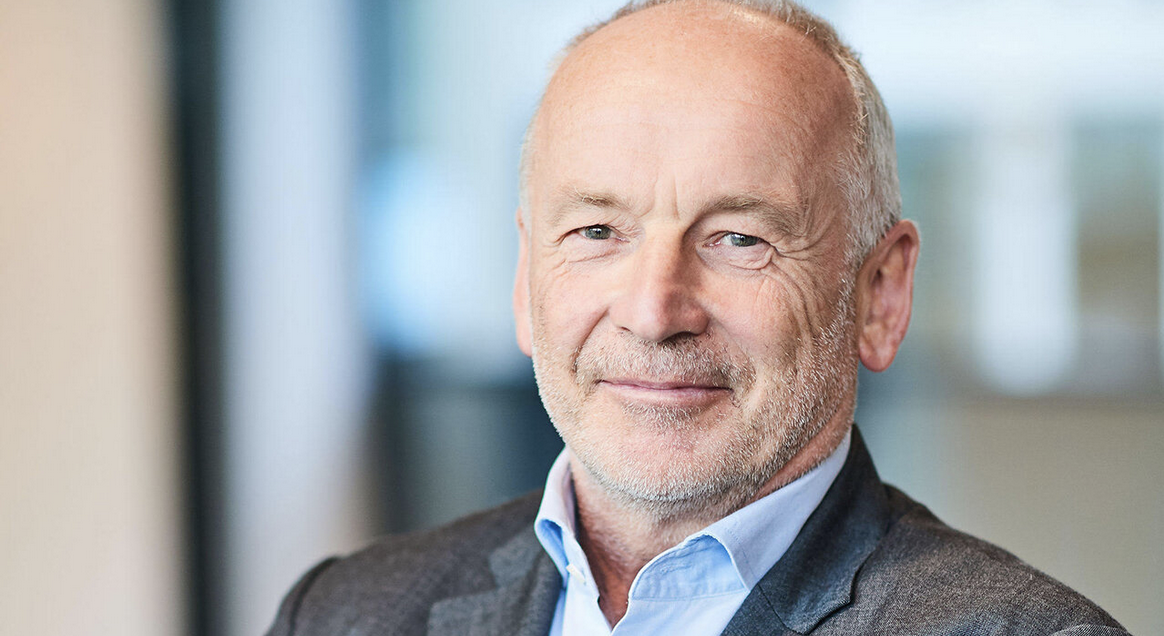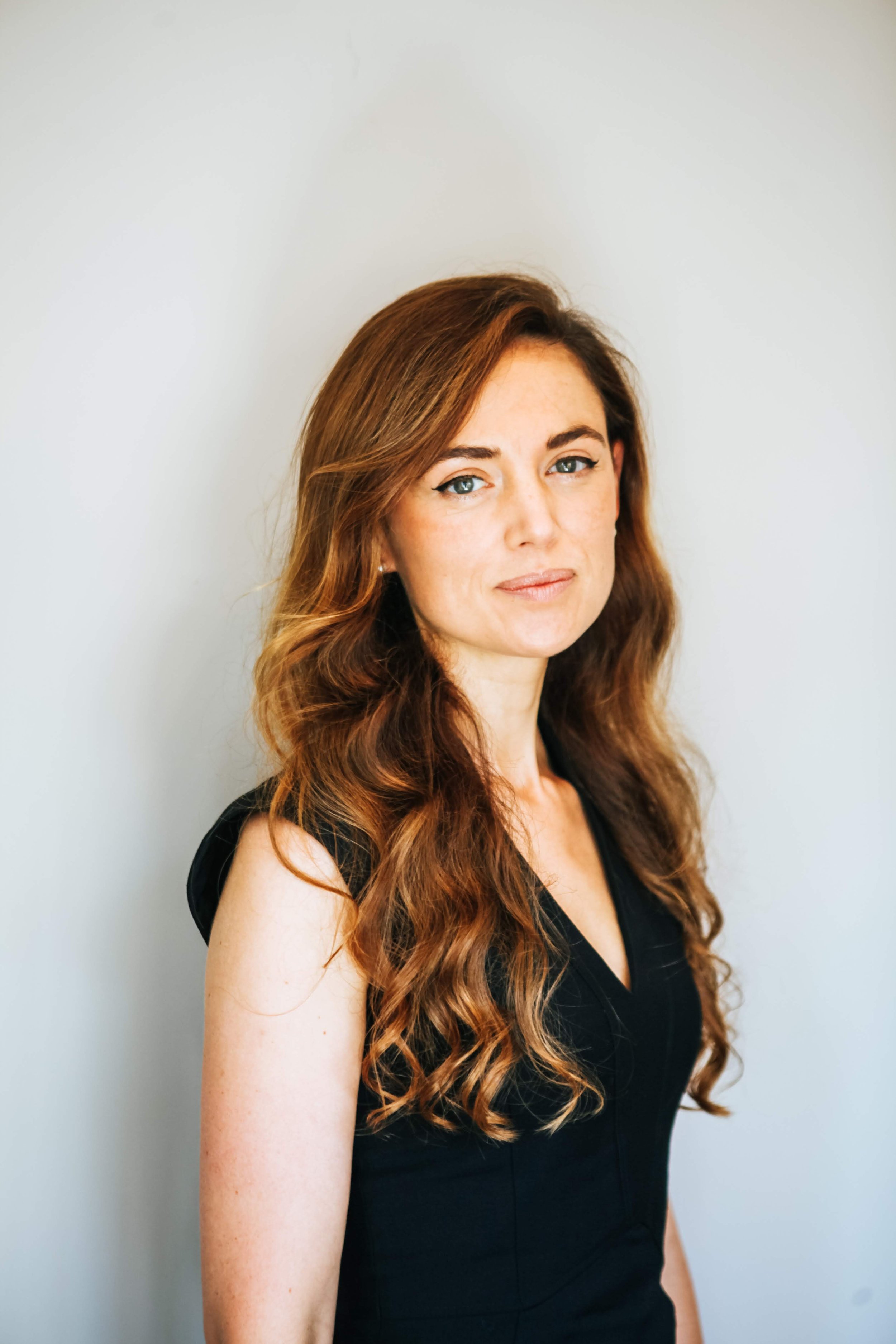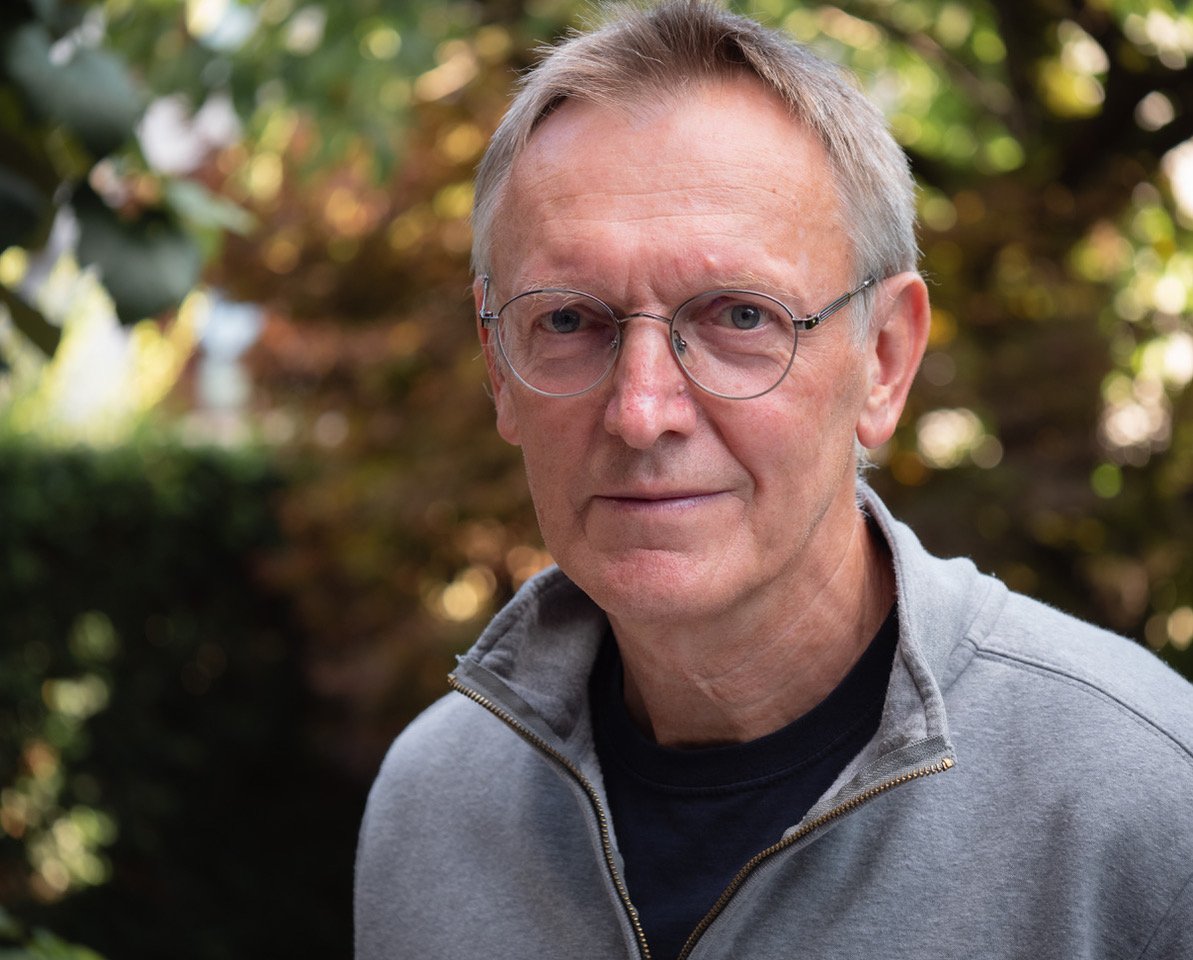
Knowledge Hub
Frontiers Policy Labs
Rethinking the world with science
The Frontiers Policy Labs initiative seeks to strengthen the connection between robust scientific research and informed policymaking. The challenges we face today are as stark as they are complex; the COVID-19 pandemic and the climate emergency are just two among many that we must now address.
Now is the time to look to science as a tool to enable better, more holistic decision making; an interface through which policy is driven by evidence. To enable that, science must be open, science must be trusted, and science must be accessible.
Introduction from our CEO
Dr Kamila Markram, Frontiers’ CEO and co-founder, welcomes you to Policy Labs – a platform unifying world experts from business, science, and policy so that together, we can look toward creating a brighter, more sustainable future for all people.
»Watch the video
Featured
New perspectives
In August 2022, the White House said science that is paid for by the public should be open to the public when published, free of paywalls. Science for all, not just the few who can afford to benefit from it. We asked experts across the world for their perspective.

Post COVID world
Frontiers Policy Labs participated in Euroscience Open Forum 2022, the largest biennial interdisciplinary meeting on science and innovation in Europe, for and with society.
The pandemic has made us aware of the importance of institutional action to protect individual and public health not only in times of crisis. More importantly, the need for preparedness in view of possible future health emergencies. Over the past two years, awareness of the importance of prevention in healthcare has grown. We have realised that health begins before the onset of a disease and presumes the ability to prevent (and predict) the effects of the ecological crisis on our lives..
War has often been used as a metaphor for health and disease, as in the “war on cancer”. However, to my knowledge, the prevention of poor health and premature death has never been used as a metaphor for prevention of war. In this short article, I propose that the principles behind public health models can be useful for preventing and “treating” war.
The Covid-19 crisis has raised many questions about other infectious diseases and ailments that still lack appropriate medical treatments. Many of these questions involve drug discovery and development, both in the private sector and in academic settings. It is common to see questions on social networks and blogs such as, “Is it possible to develop affordable new drugs quickly?”, “Why do so many new drugs seem to come from non-EU countries?” and “What lies ahead?”
War is an extremely polarizing phenomenon that divides nuances into black and white. As Russian forces rolled into Ukraine, the Western response was to shut Russia out of virtually all partnerships and areas of cooperation. It seemed a justified reaction to a country seeking to reintroduce war into Europe after decades of peace. But, as inexcusable as the actions of the Putin regime are, we risk being blind to the nuances of the situation as we respond. It is difficult to employ rationality in times of war, when emotion takes the driver’s seat, but it is nonetheless crucial to ask the following questions in assessing our response: Do these actions stifle the Kremlin’s war objectives? Do they help Ukraine? What is the impact on humanity at large?
In the long term, the principle of solidarity in the accessibility of vaccines, therapeutics, diagnostics, and essential medical supplies should drive the global reform of pandemic prevention, preparedness, and response protocols. The EU could play a leading role in this process, through the recently established European Health Emergency Preparedness and Response Authority (HERA).
Professor Linqi Zhang,
School of Medicine, Tsinghua University
Chair of Comprehensive AIDS Research Center, School of Medicine, Tsinghua University
Chair of Global Health and Infectious Diseases Center
In this episode Jean-Claude talks to Danielle Cooper and Oya Rieger of Ithaka S+R about the cancellation of big deals between subscription publishers and university libraries.
Changing science system
Robert-Jan Smits
The inside story of Plan S, the ground-breaking campaign pledge to end the restrictive paywalls around taxpayer funded scientific research. Vital scientific knowledge freed and instantly available to the many, not just the few. The campaign coalition's architect, Robert-Jan Smits, shares his account of the shocks that Plan S delivered to the publishing world, and of the progress that unfolded.
We need more idealism in science and science policy to find solutions to challenges. If we restrict ourselves to what is tangible, known and established today, there is a risk that possible solutions to ‘wicked’ challenges that contribute to enriched and thriving individuals, societies, and their natural ecosystems could be missed. But if we ask, ‘what if?’, we introduce a capacity for idealism that opens up opportunities for creative critical thinking and imagination.
Over 65% of the European cloud market is in the hands of US companies. There are no significant social media platforms in European hands. Although a global leader in the 1990s, Europe’s share in semiconductor production has fallen to just 10% of the global market. Risk-capital investments are US dominated. These are just a few indications of how the EU is losing its strategic digital autonomy.
Given the unprecedented times and the need to lay foundations for the new, post-COVID world, we are asking prominent policymakers what they most need from scientists, and how they could most effectively assimilate scientific information. This knowledge will enable us to develop insightful and actionable material for Policy Labs, which will lead to further science-based policy reforms.
The EU is revamping its interest to get all member states to increase their Gross Expenditure on Research and Development (GERD) as a percentage of Gross Domestic Product(GDP) from the current average of 2.2% to 3%. The rational for this policy is based on the belief that European technology industries will lag behind those in other countries unless more innovation is generated. Investment (GERD) is seen as a limiting factor and should be corrected. But is the premise for this policy as simple as the equation; money + research= Innovation? I argue that research is a necessary but not sufficient ingredient in the mix required to have better economic outcomes.
If one million scientists (approximately 10% of the world’s active science population in public service) committed two hours per week to science engagement with and for society (about 5% of their working time), this would create approximately 100 million hours/year dedicated to achieving science that engages meaningfully with policy and global decision makers. Those hours could catalyse a global butterfly effect that could carry into the future.
The question underpinning data sharing should never be whether data should be made openly accessible. The problem of data access merely distracts from the real issue with data governance, which is who decides how data is used and under which conditions. This is the key question today for both democracy and research. Answering it requires significant collective action.
Making Sure Open Science Stays Open: 10 Years of Advocating Open Science Policy by our Editor in Chief, Jean-Claude Burgelman
SDGs
A group of leading marine scientists led by Prof. Ove Hoegh-Guldberg have collaborated to publish a science-policy paper explaining the urgent need for effective “coral reef diplomacy” and international coordination to secure the future of the coral reefs of the Gulf of Aqaba in the Northern Red Sea. This paper explains how these unique reefs are threatened by both a changing climate and other human-induced environmental damage, and why urgent action is needed to ensure their sustainable development and to protect the livelihoods of millions of people.
Food and energy prices are rising, economies in Europe are stretched due to the lack, or potential future lack, of fuels (particularly gas), food (particularly wheat and animal feed), and fertilisers, along with other materials, such as the metals needed for energy transition or other transition-related needs.
Frontiers Policy Labs spoke with Wim Thiery, an associate professor at the University of Brussels, a climate scientist who uses computer models to project how climate extremes will evolve in the future. Dr. Thiery, who was named one of Europe’s “30 Under 30” by Forbes, is a contributing author on two past IPCC reports and his research is featured in the report on climate change impacts that recently came out.
There is a long history of government intervention in energy markets. For both political and economic reasons, countries have always subsidized the production of cheap and abundant fossil energy. Over the last hundred years, the availability of inexpensive fossil-fuel energy has been a hallmark of the growth of most countries—including both the industrial growth of the last century and the information-intensive growth of our current era.
Emphasizing that the goals presented in the Paris Agreement, COP25, Fit for 55, and the upcoming COP26 are extremely ambitious and require urgent action, Vineis expressed the view that mitigating climate change will require a balance between two broad strategies. The first strategy, a big focus of recent agendas, is essentially technological, based on implementing technologies like green hydrogen or nuclear power and, in general, quick shifts towards renewable energy. The second strategy is partially non-technological, harnessing the health-related ‘co-benefits’ of certain societal approaches to climate change mitigation.
Frontiers Evidence Snapshots surveys 350 recent papers, reporting ongoing climate change in the atmosphere, the oceans, the Arctic and Antarctic - and the effects of these changes on sea levels and on so-called extreme events (tropical storms, droughts and floods etc.)

“Never waste a good crisis: we must already consider and prepare for the challenges of a post-corona world.”
Dr. Jean-Claude Burgelman
Editor-in-Chief of the Frontiers Policy Labs
Jean Claude Burgelman, Professor of Open Science Policy at the Free University of Brussels (VUB) and former Head of Unit for Open Science Policy at the European Commission, hosts in-depth conversations and analysis with leading experts in policy, business, and academia on the lessons and legacy of COVID-19.
Never miss an update
Get the latest research, expert commentary, funding opportunities and more, straight to your inbox – sign up to the Frontiers Newsletter.























